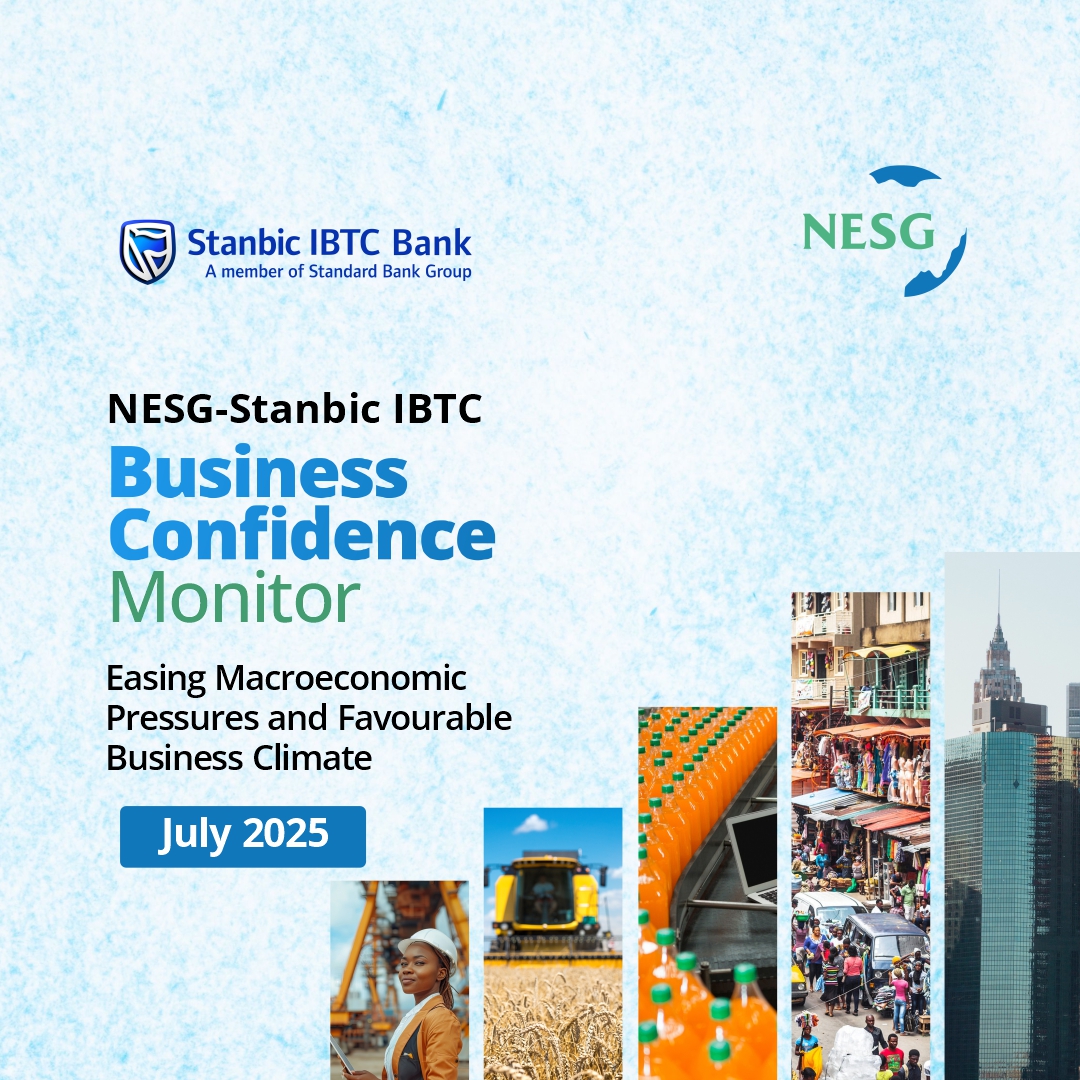Posted Thu, May 14, 2020 10:15 AM
COVID-19 Seed Alert May 2020
To avoid a food and hunger crisis following the current COVID-19 health crisis, urgent action is needed to address key agricultural challenges, including bottlenecks identified in the seed sector. The National Agricultural Seeds Council (NASC) Rapid Assessment is conducted at country level through a survey and focus group discussions. On at least a monthly basis, reiterations of a Rapid Assessment identify alerts and actions, and Seed Alerts are published.
The seeds alert identifies current challenges and urgent action in the Nigerian seed sector, based on surveys and focus group discussions with various stakeholders. The purpose of the Seed Alert is to assess the impact of the COVID-19 crisis on the functioning of the seed sector. The project operates in Ethiopia, Myanmar, Nigeria and Uganda, where Wageningen Centre for Development Innovation (WCDI) collaborates with partners in seed programmes.
The Rapid Assessment is conducted at country level through a survey and focus group discussions (FGDs) inspired by the model of sector transformation developed by AidEnvironment. It is also being adapted by WCDI for use in other sectors including, horticulture, dairy and sesame. During the pilot phase, likewise Alerts are foreseen to cover the impact of the COVID-19 crisis on the functioning of the horticultural and dairy sectors in partner countries. Also, its use for other specific commodities such as cocoa, sesame and potato is explored.
Working with a similar model of rapid assessment in various sectors and countries over a time series allows for interpretation and synthesis of the impact of the COVID-19 crisis on food systems at national, regional and global levels, while also gaining insights in coping strategies addressing emerging challenges and their outcomes. It furthermore provides insights into the use of the sector transformation model guiding this type of interventions, enhancing the functioning and resilience of agricultural sectors and food systems.
The Seed Alert Nigeria is the result of a collaborative project that brings together experts from Wageningen Centre for Development Innovation (WCDI), National
Agricultural Seeds Council (NASC) and Sahel Consulting Agriculture & Nutrition Limited. There are four alerts for the month of May.
Alert 1
Mobility restrictions hamper the access to markets by farmers, seed companies and agro-dealers. There is a need to structure the trade of seed and agro-inputs in designated markets and on specific days. Also, compliance with regulations regarding market organizations with social distancing directions of government and relevant agencies is essential.
Alert 2
Measures result in increased seed prices and reduce affordability for farmers. COVID-19 crisis impacts farmers’ cash earnings from farming and their other income generating activities. Measures result in increased seeds prices and reduce affordability for farmers.
To alleviate this, governments need to be encouraged to provide seed subsidies to farmers as a palliative Measure and subsidies should only be applicable for seed purchased from NASC approved seed companies and producers. Also, information should be shared in a structured manner and at state level on the availability of seed with companies and producers.
Alert 3
Mobility restrictions hamper seed quality assurance services for seed quality assurance
The COVID-19 measures negatively impact the functioning of field inspection and
laboratory testing required for seed certification. Hampered quality assurance services create a risk to the business model of seed companies and producers in the production of certified seed of improved varieties.
This can be resolved by raising awareness and engaging with responsible authorities to consider seed an essential commodity, which allows for specific exemptions on COVID-19 measures to be developed for the seed industry and associated services.
Alert 4
Mobility restrictions hamper the production and supply of early generation seed.
Early generation seed (EGS) production and supply by National Agricultural. Research Institutes (NARIs) to seed producers and companies are negatively impacted by COVID-19 mobility measures. This will impact negatively the quantity of seed and diversity of varieties that seed companies make available to farmers in the market.
The measures to resolve this is to raise awareness and engage with responsible authorities to include production and supply of EGS as a part of the larger seed industry and thereby an essential sector, qualifying for the specific exemptions on COVID-19 measures for the seed industry and associated services.
Credit: NASC, Wageningen University and Research, Sahel Consulting
Find a blog post
Latest Releases

A New Fiscal Framework: Key Prov .. Read
1 week ago

NESG Stanbic IBTC Business Confi .. Read
1 week ago

Corporate Sustainability: From C .. Read
2 weeks from now
